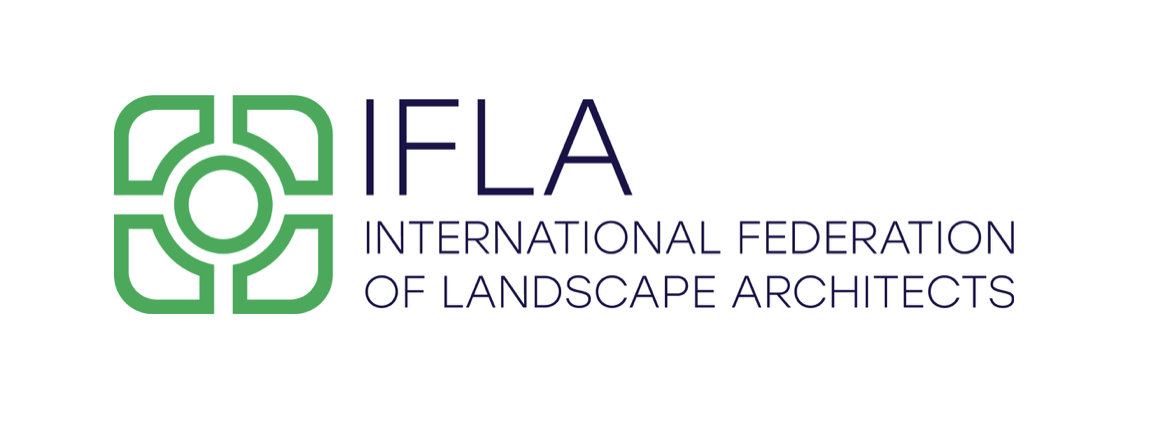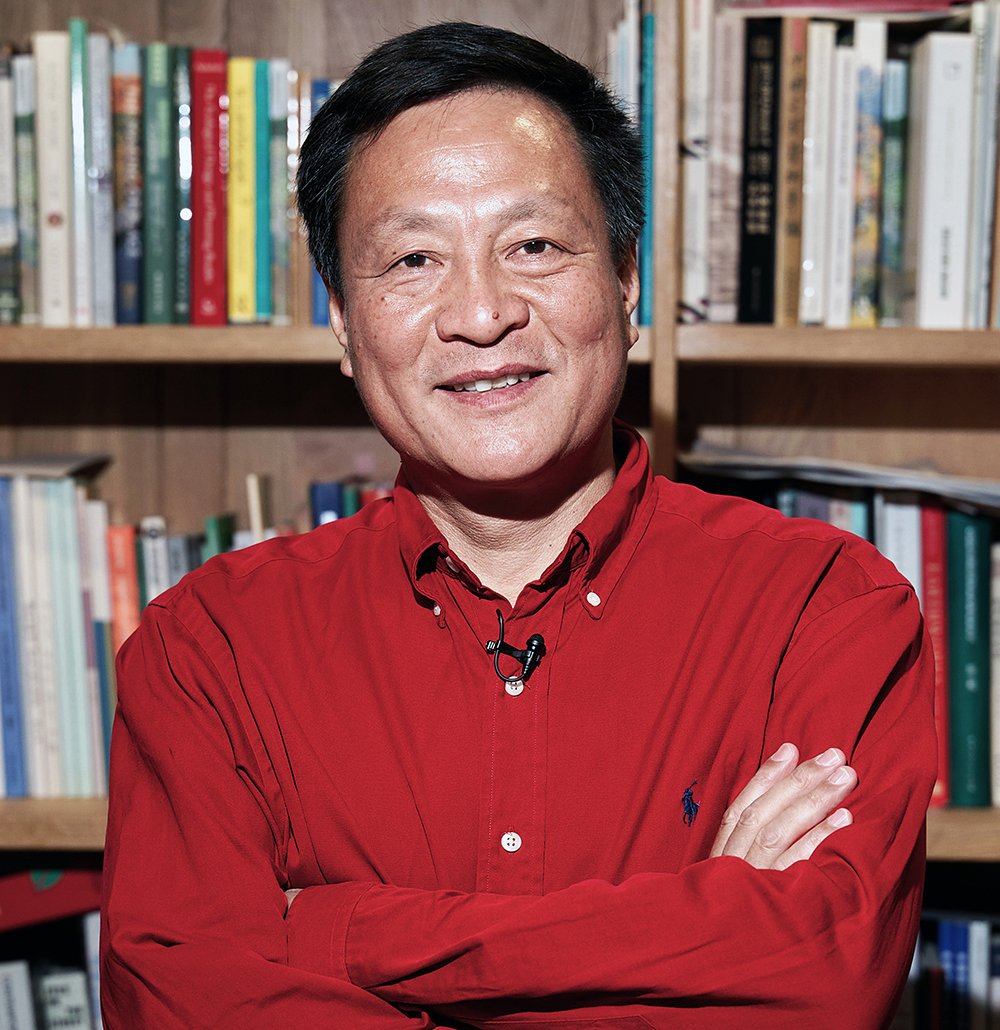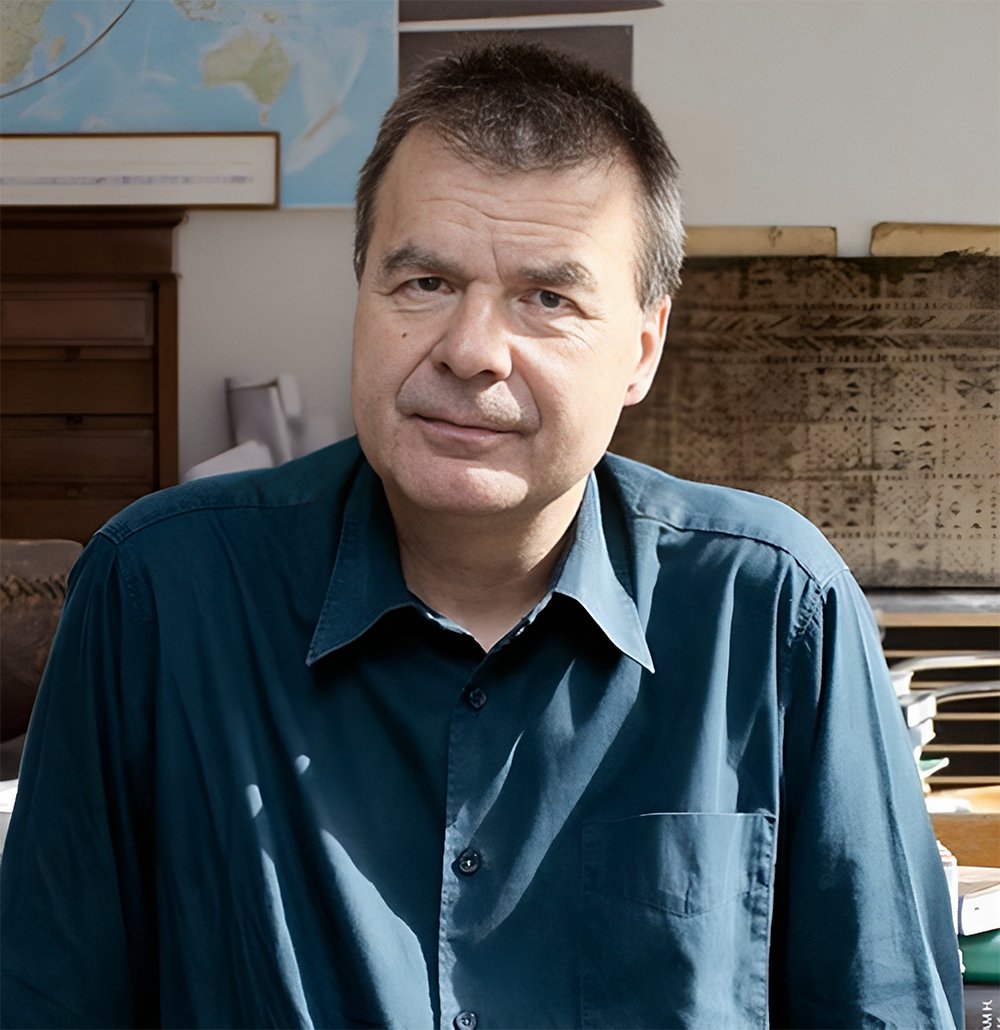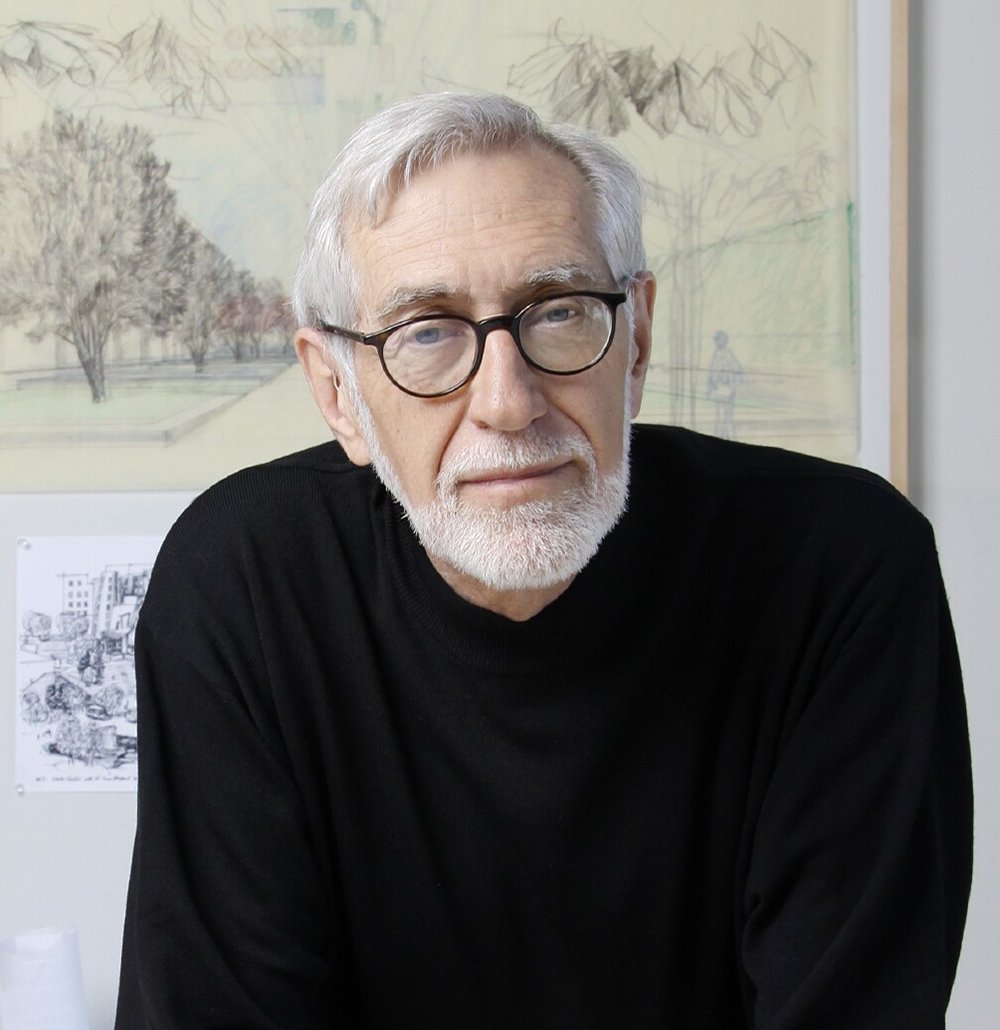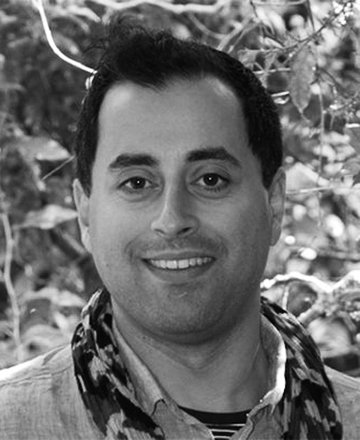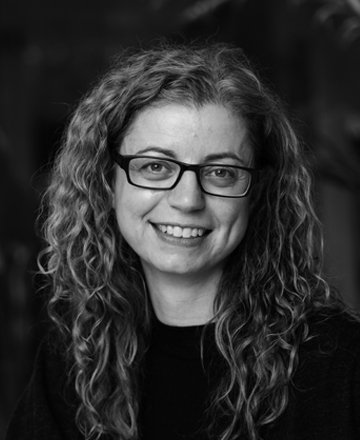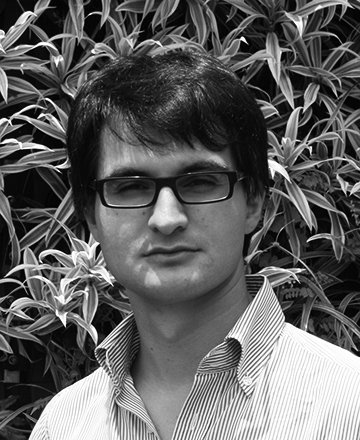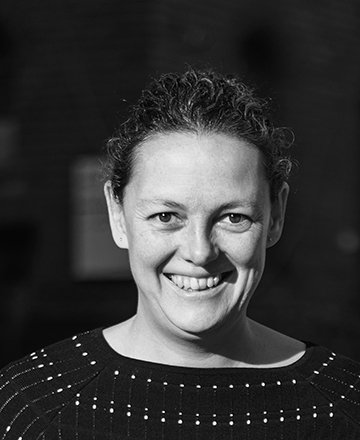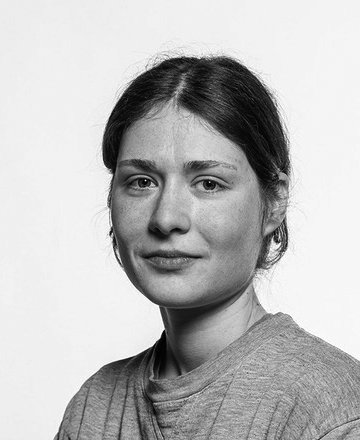IFLA 75 - Webinar: The Landscape Culture Today and Tomorrow. 27th July, online
As part of the 75th anniversary of IFLA we invite you to a webinar: The Landscape Culture Today and Tomorrow. July 27th 2023, online. The event has been organized with the kind support and sponsorship of IFLA APR.
Date:
July 27th, 2023
H. 9.00, Philadelphia, Boston
H. 15.00, Basel, Karlsruhe, Dresden
H. 21.00, Beijing, Taipei
H. 23.00, Canberra
H. 1.00 (+1), Wellington
Title:
The Landscape Culture Today and Tomorrow.
Looking for new ways of understanding and raising awareness of the landscape.
A global webinar in the context of the celebrations for the 75th anniversary of IFLA establishment.
Registration
To register please visit https://us06web.zoom.us/webinar/register/WN_LJRUqP5_SCSX49kbblmHtg#/registration
Topic:
Through the progressive strengthening of IFLA activities, it is increasingly clear how the concept of landscape is different in the various world regions but also how the degree of development of landscape culture is varied. If formal education is essential in developing such culture, established academic formats of knowledge creation and diffusion are not the only drivers of landscape culture development. The activism, entrepreneurship, and capability of innovation of every and each landscape professional are key together with each and every chance for sharing knowledge.
By elaborating on IFLA core values -i.e., the recognition of regional differences and global networking for valuing them- and recognizing the interactions of a stronger landscape culture worldwide with the many current challenges to socio-natural sustainability, IFLA organized a global webinar about landscape culture today within the framework of the celebrations for the 75th anniversary of IFLA establishment.
Targeting a public of landscape architecture professionals from all over the world, including those from peripheral areas where the landscape profession is at the early stages of development, the webinar will host three prominent personalities of today's landscape profession and academia. These will offer insights into their work and prospected actions for developing landscape culture in their respective regions, I.e., Europe, the Asia-Pacific region, and the Americas. The webinar will also host the IFLA EAA Chair, a young progressive academic from a leading landscape architecture institution, and a representative of a leading cultural institution challenging museums' role in culture creation and communication. Through sort of a round-table, these will question from their point of view the three personalities and, therefore, will open to critical reflections on the possible paths of landscape culture development.
The webinar will finally be complemented with opening remarks by the incumbent president of IFLA and closing remarks by the chair of the IFLA 75th anniversary Working Group.
Program:
Opening section (5 min.)
- Bruno Marques, IFLA President, Victoria University of Wellington (3 min.);
opening remarks;
- Alessandro Martinelli, IFLA Education & Academic Affairs Chair, the Chinese Culture University (2 min.);
introduction to the webinar event;
Statements section (45 min.)
- Gunther Vogt (https://www.vogt-la.com/), ETH Zurich (15 min.);
Where are VOGT and ETH Zurich going in terms of promoting landscape culture?
- Kongjian Yu (https://www.turenscape.com/), Peking University (15 min.);
Where are Turenscape and Beijing University going in terms of promoting landscape culture?
- Laurie Olin (https://www.theolinstudio.com), University of Pennsylvania (15 min.);
Where are OLIN and UPenn going in terms of promoting landscape culture?
Challenges section (55 min.)
- Julian Raxworthy, IFLA Education & Academic Affairs Advisor, University of Canberra (5 min.);
introduction to the attempt of developing a global landscape architecture program survey
+ definition of 1 question for the statement section speakers;
- Hanna Jurisch, curator at ZKM Center for Art and Media, Karlsruhe (10 min.);
introduction to the Critical Zone Study Group activities in ZKM
+ definition of 1 question for the statement section speakers;
- Rosalea Monacella, Harvard University Graduate School of Design (5 min.);
introduction to the recent research and book about advanced practices of “landscape design-research studios”
+ definition of 1 question for the statement section speakers;
- Roundtable, moderated by Alessandro Martinelli (30 min., 10 for each speaker);
replies by the statement section speakers to the questions of the challenge section debaters.
- Steffi Schuppel, Chair of the IFLA 75th anniversary Working Group (5 min.);
closing remarks & reminder of the activities of 75th anniversary of IFLA establishment;
Speakers - statement section
CV of the speakers:
Bruno Marques (https://www.wgtn.ac.nz)
Bruno Marques is a registered landscape architect and educator. He completed his Landscape Architecture studies at the University of Lisbon (Portugal) and Berlin Technical University (Germany), followed by his PhD studies at the University of Otago (New Zealand). Bruno has practised in Germany, Estonia, the United Kingdom and New Zealand, having an extensive portfolio of built projects. During the past nine years at Victoria University of Wellington in New Zealand, he has developed a comprehensive research agenda to embrace the formulation of frameworks on landscape rehabilitation, cultural landscapes, place-making and Indigenous community health and wellbeing. He is currently the Associate Dean for the Faculty of Architecture and Design Innovation and the President of the International Federation of Landscape Architects (IFLA).
Alessandro Martinelli (https://www.pccu.edu.tw/, https://www.biasarchitects.com/, https://www.listlab.eu/en/)
Previously involved in research projects and didactic activities at the Accademia di architettura in Mendrisio, the International Institute of Architecture in Lugano Vico Morcote, the Berlage Institute in Rotterdam, the Barcelona Institute of Architecture, the Canadian Centre of Architecture in Montreal, the Archivio Cattaneo in Cernobbio, the Shih Chien University and the Huafan University in Taipei, Alessandro Martinelli, Ph.D., is Associate professor at the Department of Landscape architecture, the Chinese Culture University, Taipei. He is also the editorial director of ListLab Publisher, Chair of the IFLA Education & Academic Affairs Committee, and immediate past chair of the IFLA Asia Pacific Region Education & Academic Affairs Committee. Finally, he works with BIAS Architects & Associates on design and curating projects concerning the public space today.
Gunther Vogt (https://ethz.ch, https://www.vogt-la.com/)
Günther Vogt’s training at Gartenbauschule Oeschberg provided the practical basis for his intensive landscape work. His knowledge of vegetation and his skills in cultivation continue to be the cornerstones of his work. His studies with Peter Erni, Jürg Altherr, and Dieter Kienast at Interkantonales Technikum Raperswil combined the disciplines of culture, design, and natural sciences. VOGT Landschaftsarchitekten emerged from the office partnership with Dieter Kienast in 2000. The firm has achieved international recognition with projects such as the Tate Modern in London, Allianz Arena in Munich, or the Masoala Rainforest Hall at the Zurich Zoo. Its work is characterized by the dialogue established between the various disciplines and its close cooperation with artists. His latest books, Solid, Fluid, Biotic (2021), Mutation and Morphosis (2020) and the award-winning publication Distance & Engagement (Günther Vogt and Alice Foxley, 2010), show VOGT’s impressive analytical and knowledge-based design translated into models. Since 2005, Günther Vogt has been pursuing a combination of teaching, practice, and research with his chair at the Institute of Landscape Architecture at the Swiss Federal Institute of Technology (ETH) in Zurich. As a passionate collector and keen traveller, he is looking for ways to read, interpret, and describe landscapes and find answers to questions about future forms of urban coexistence. In 2012, Günther Vogt was awarded the Prix Meret Oppenheim by the Federal Office of Culture.
Kongjian Yu (https://www.pku.edu.cn/, https://www.turenscape.com/)
A recipient of a Doctor of Design at Harvard, Yu is Professor and founding dean of Peking University College of Architecture and Landscape and the founder and design principal of Turenscape which practices globally. Yu’s guiding design principles are the appreciation of the ordinary and a deep embrace of nature—even of its potentially destructive aspects, such as flooding. His projects have won numerous international design awards including 14 ASLA Excellence and Honor Awards,7 WAF Best Landscape Architecture of the Year Award. Yu is also the author of over 20 books and more than 300 papers and is the founder and chief editor of the internationally awarded magazine Landscape Architecture Frontiers. He has been an invited lecturer, speaker and guest professor around the world, including teaching for over five years at the Harvard Graduate School of Design, and has been a keynote speaker at more than 60 conferences worldwide; Several of Yu’s core ideas, including the concept of “negative” or inverse planning—which first identifies what should be protected rather than what should be developed—have gained wide currency. His thinking about “ecological security patterns” helped shape environmental protection efforts throughout China. And his promotion of the “sponge city” concept, which uses natural techniques to capture, filter and store rainfall for future use and reduce flood risks, helped to spur the Chinese government to launch an ambitious sponge city campaign across the country and has gained global attention. Yu was elected International Honorary Member of the American Academy of Arts and Science in 2016 and received the IFLA’s highest honour, the Sir Geoffrey Jellicoe Award, in 2020, which celebrates a living landscape architect whose “achievements and contributions have had a unique and lasting impact on the welfare of society.”
Laurie Olin (https://www.upenn.edu/ , https://www.theolinstudio.com/ )
Laurie Olin is a distinguished teacher, author, and one of the most renowned landscape architects practicing today. From vision to realization, he has guided many of OLIN’s signature projects, which span the history of the studio from the Washington Monument Grounds in Washington, DC to Bryant Park in New York City. His recent projects include the AIA award-winning Barnes Foundation in Philadelphia, Pennsylvania and Simon and Helen Director Park in Portland, Oregon. Laurie Olin studied civil engineering at the University of Alaska and pursued architecture at the University of Washington, where Richard Haag encouraged him to focus on landscape. He is currently a Practice Professor of Landscape Architecture at the University of Pennsylvania, where he has taught for 40 years, and is the former chair of the Department of Landscape Architecture at Harvard University. Laurie is a Fellow of the American Academy of Arts and Sciences, a Fellow of the American Society of Landscape Architects, and a recipient of the 1998 Award in Architecture from the American Academy of Arts and Letters. He is the recipient of the 2012 National Medal of Arts, the highest lifetime achievement award for artists and designers bestowed by the National Endowment for the Arts and the President of the United States. He also holds the 2011 American Society of Landscape Architects Medal, the society’s highest award for a landscape architect.
Julian Raxworthy ( https://www.canberra.edu.au , https://www.julianraxworthy.com )
Initially working as a gardener and landscaper, Julian Raxworthy trained as a horticulturist at Ryde TAFE, later becoming a landscape architect, graduating with his undergraduate degree and research master’s degree in landscape architecture, both from RMIT, Australia. He has a PhD from the University of Queensland, where he is an Honorary Associate Professor with the ATCH (Architecture, Theory, Criticism and History) Research Centre. He is Associate Professor & Discipline Lead: Landscape Architecture at the University of Canberra. As a registered landscape architect in Australia, Julian worked extensively with Aspect Studios. Later, he worked for award-winning architecture practices such as Donovan Hill in Brisbane and, most recently Wolff Architects in Cape Town, South Africa, where he is also a registered landscape architect. As an academic, he has been tenured faculty at RMIT, Queensland University of Technology (QUT) in Brisbane and the University of Cape Town, South Africa. He was a steering committee member for the M.Phil for the African Centre for Cities (ACC). He has taught internationally, notably at the University of Virginia, the École Nationale Supérieure de Paysage (ENSP) Versailles, and the Harvard University Graduate School of Design. A co-founder of Kerb, the student landscape architecture journal from RMIT, he writes regularly about landscape architecture today and is the immediate past Chair of Education & Academic Affairs at IFLA.
Hanna Jurisch (https://zkm.de/ )
Hanna Jurisch is a German curator, art mediator, and researcher working at ZKM, Center for Art and Media, Karlsruhe. She studied art history and archaeology at Heidelberg University and University of León as well as art theory, media philosophy, and scenography at Karlsruhe University of Arts and Design (HfG). In her research and practice-based work, she relocates the subjective point of view to investigate methods of mediation. She was part of the Critical Zone Study Group initiated and led by Bruno Latour in preparation for the Critical Zones exhibition at ZKM. Since then, she explores ways to communicate the political, social and scientific aspects of the Critical Zone and develops methods to become terrestrial.
Rosalea Monacella (https://www.gsd.harvard.edu/ )
Rosalea Monacella is a faculty member of the Landscape Architecture Program at the Harvard University Graduate School of Design. Her expertise is in the careful indexing and shifting of dynamic resource flows that inform the landscape of the city. Her design research practice explores the notion of the ‘thickened ground’ through a careful and rigorous investigation of an expanded ecology of economic, ecological, and social systems that shape the metabolic and material flows of the city. Speculating on alternative near-future cities and how they might respond to climate change, changing resource flows and ecologies of energy.
Steffi Schuppel (http://www.cattaneo-schueppel.com/ )
Steffi Schuppel graduated from Hochschule für Technik und Wirtschaft Dresden (FH) as Dipl.-Ing. Landespflege. Then, she obtained a Master degree in Landscape Architecture in Switzerland and Germany through the joint university program of HSR Rapperswil, FH Weihenstephan and HfWU Nürtingen-Geislingen. She enjoyed her early days in the career working overseas for Olin Partnership, Philadelphia. Afterwards, she collaborated with several offices in Germany and Switzerland. In 2011, together with Matteo Cattaneo she founded her practice in Dresden, Germany, and Milano, Italy. From 2015 to 2022 she was chairwoman of the regional group of Bund Deutscher Landschaftsarchitekten Saxony. From 2011 to 2012 she was also chairwoman of the Zurich regional group of BSLA - Bund Schweizer Landschaftsarchitekten und Landschaftsarchitektinnen.
Speakers - challenges and roundtable section
About IFLA, the webinar organizer:
A truly global federation, IFLA, the International Federation of Landscape Architects (https://www.iflaworld.com/), currently represents 78 national associations from Africa, the Americas, Europe, Asia Pacific and the Middle East. IFLA officially represents the world body of landscape architects through its member associations and regions and in both governmental and non-governmental organizations, such as the UN, UNESCO, UIA, etc. IFLA is a not-for-profit, non-political, non-governmental organization.The mission is to promote the landscape architecture profession within a collaborative partnership of the allied built-environment professions, demanding the highest standards of education, training, research and professional practice, and providing leadership and stewardship in all matters.
About the 75th anniversary of IFLA establishment (https://www.iflaworld.com/75th-anniversary):
IFLA was founded in Cambridge, England, with Sir Geoffrey Jellicoe as its first President in 1948. IFLA is now in its 75th year and hopes to celebrate this anniversary all around the globe. It is a time to look back, to discuss the current issues and challenges in landscape architecture but also to dare a look into the future. Currently, there are various ways to get involved in this and help IFLA celebrating. Check the website or contact admin@iflaworld.org for more info.
